What are My Benefits to Solar Roofing?
What are my benefits to solar roofing from Ridge Valley Exteriors. Investing in solar roofing offers homeowners long- and short-term benefits. By switching to advanced solar technology, you can reduce your energy expenses. In addition, it increases the value of the home, provides tax benefits, and makes it more energy efficient. Aside from being safe, clean, reliable, and sustainable, solar energy can also reduce greenhouse gas emissions.

If you’re ready to explore solar power for your house, keep reading this guide to solar roofing and learn more about the benefits you’ll enjoy.
How Do Solar Roofs Work?
Your home receives energy from the sun through a solar roof. There are several parts to your heating, cooling, and electricity system. You can store additional energy during emergencies because the sun shines throughout the day. Your local power supplier may also allow you to sell your excess energy for credits.
You will save money over time by installing solar panels. Despite advances in technology, the way it works has remained the same over the past few decades. A few essential features should be noted during the multi-step process.
1. The Solar Cells
Solar panels are composed of dozens of photovoltaic cells. In solar panels, photons are absorbed by solar cells. Electrons are then released from the atoms inside the solar cells by those photons. Positive and negative layers are present in every cell. The top layer is negatively charged with phosphorus, while the bottom layer is positively charged with boron. Through these elements, sun rays are transformed into direct currents of energy as they pass from the panels to the inverter.
2. The Inverter
Solar energy technology requires an inverter. The electric current becomes usable energy once it reaches the inverter. By converting direct current to alternating current, the inverter converts energy. Direct current electricity flows only in one direction, while alternating current electricity flows back and forth. Usual homes and businesses use alternating current electricity, and so does the utility grid.
3. The Breaker Box
Direct current electricity is a form of electricity that flows in only one direction. Alternating current electricity flows in both directions and is the form used by homes and businesses, as well as the utility grid. It may be possible to return unused energy to the electric grid through a process called net metering, giving you credit on your next power bill.
The nature of solar power allows you to store excess energy in a solar battery. You may collect more energy during the hottest parts of the day. With a solar battery, you can use that energy at night, when your panels are unable to collect energy.
What Are My Benefits to Solar Roofing?
Solar roofs offer so many advantages for homeowners. They vary with location, usage, timing, and investment. It takes a little math to discover how much solar can save you.
Take the following questions into consideration:
To figure out how much your solar investment will save you, look at your current electric bill. The more you are spending on energy right now, the more you will save when you invest in solar. Your electric bill tells you how fast your solar investment will pay for itself.
Take a close look at what incentives you might be able to get from the federal, state, local, or utility companies. Look at tax credits and exemptions, SERCs, PBIs, rebates, and other financial incentives. Remember, policies affecting these incentives vary, so it is important to know what you can pursue.
Think about the region you live in and the amount of sunlight hitting your roof. Partial shade is not a problem, but if you have tall trees surrounding your home, you might want to consider making changes before installing solar. If your roof is bathed in sunlight, consider installing solar.
For more information, contact Ridge Valley Exteriors at 844-741-7663. We service areas in Marco Island and Clearwater, FL Acworth and Kennesaw, GA, Raleigh, and Durham, NC.

